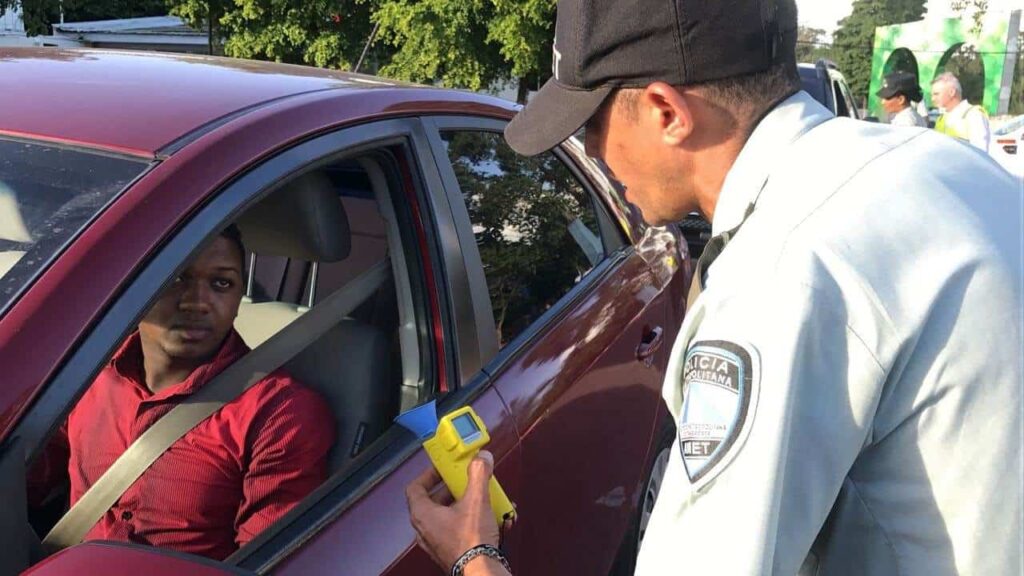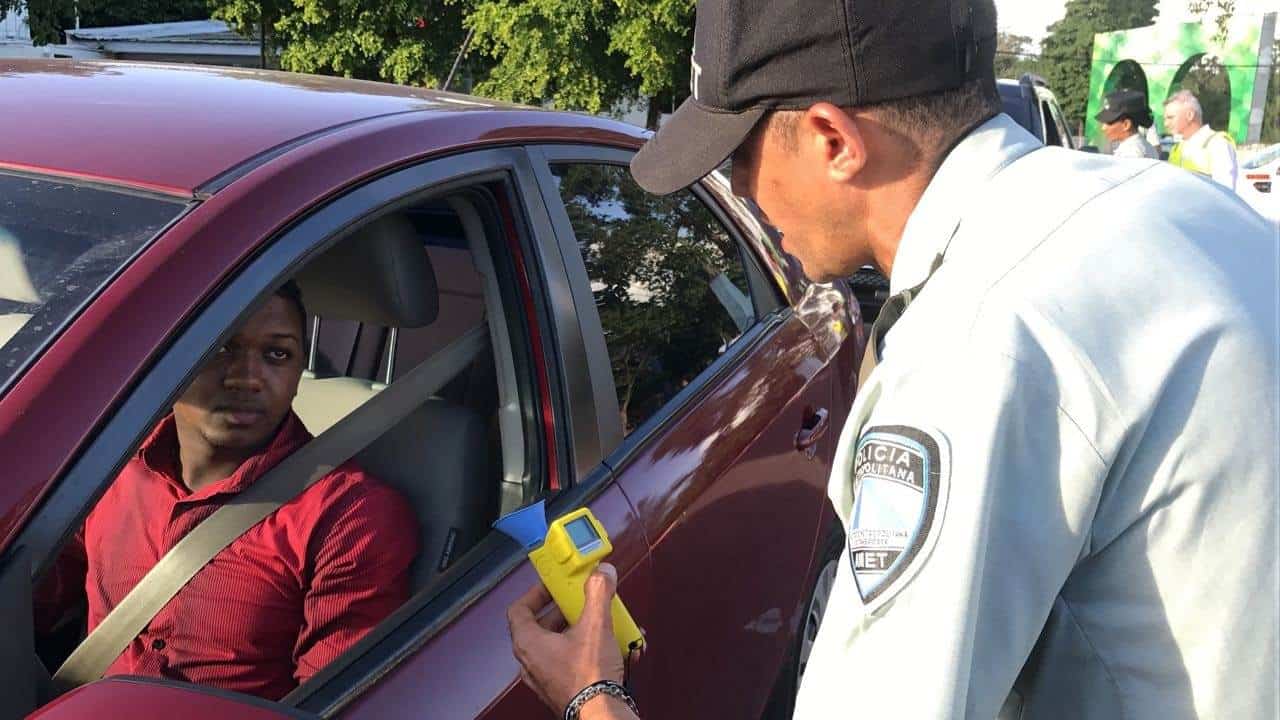
Driving under the influence alcohol It continues to be one of the main causes of accidents in the Dominican Republic. To deal with this situation, the National Institute of Transit and Land Transportation (Intrant) will implement from this Friday the use of breathalyzers at critical points selected by agents of the General Directorate of Traffic and Land Transportation Security (Digestett).
The Law 63-17 on Mobility, Land Transportation, Transit and Road Safety supports the use of breathalyzers on the country’s roads. But how well do citizens know their rights and duties when undergoing a breathalyzer test?
Below, everything you need to know to be informed and safe behind the wheel
- Is the use of breathalyzers legal in the Dominican Republic?
Yes, the use of breathalyzers It is totally legal in the country, protected by Law 63-17. This regulation establishes that authorities have the right to perform breathalyzer tests on drivers to reduce accidents and improve road safety.
- What happens if they stop you and ask you to blow into a breathalyzer?
When a traffic officer asks a driver to submit to a breathalyzer test, the driver has the obligation to cooperate, according to the article 256 of Law 63-17 that talks about the prohibition of driving while intoxicated.
The article states: “Vehicle drivers are prohibited from drinking alcoholic beverages while traveling on public roads or driving while intoxicated.”
Refusing to take the test may have legal consequences, such as financial penalties and possible retention of your vehicle or driver’s license.
- What level of alcohol is allowed while driving?
The law establishes that the maximum allowable limit of alcohol in the blood is 0.5 grams per liter for regular drivers and 0.2 grams per liter for public transport or heavy vehicle drivers. Exceeding these limits is considered a serious violation.
- What happens if the test result exceeds the allowed limit?
If a driver exceeds the limit of alcohol in blood, the authorities are empowered to take immediate action. This may include vehicle retention, fines and, in situations where there is a repeat offense or risk to public safety, the arrest of the driver.
In addition, the driver must attend a hearing in which a judge will determine additional sanctions.
- Is the breathalyzer reliable?
The breathalyzers used in the country must meet precision standards and be periodically calibrated to ensure their reliability. Breathalyzer tests on public roads are carried out by trained agents, who follow a standardized protocol that ensures the validity of the results.
International specialists trained the agents in the use of the Alco-Sensor VXL, Point of Arrest and Alco-Sensor FST devices. These tools are essential to detect the presence of alcohol in exhaled air and determine the concentration of alcohol in blood (BAC).
Although the equipment to be used is the same one donated to the country in 2018, the director of the IntrantMilton Morrison said that international experts arrived in the country to calibrate and put the devices into good working order.
- What other factors does the law consider regarding the use of breathalyzers?
Law 63-17 also establishes that operations must respect the rights of drivers and be carried out without violating the privacy of citizens. The agents are obliged to inform the driver about the procedure and the rights that assist you during the test.
- How long can an agent hold you after a positive test?
If the result is positive, the agent Digestett can keep the driver under surveillance for up to four hours. This time allows us to evaluate whether the level of alcohol Your blood level drops enough for you to safely resume driving.

- Can someone else take you home if you test positive?
Yes. If you have a family member or acquaintance who can be held responsible, the agent will allow this person to take you to your destination, releasing you from the hold.
- What happens if you don’t have anyone to drive you?
If you do not have someone to accompany you, you will have to wait the retention time established by the authorities until you can drive safely.
- What rights do you have during the breathalyzer test?
During the test, you have the right to respectful treatment and to be informed about the procedures. The law requires officers to explain the reasons for the test and respect your integrity as a citizen.
Currently, the country has eight breathalyzers evidential and 32 screening, donated by the International Alliance for Responsible Drinking (IARD), and the regional and local alcoholic beverage industry. This project was stopped in 2020, due to the COVID-19 situation, globally, as a health measure due to the implications of the process.



